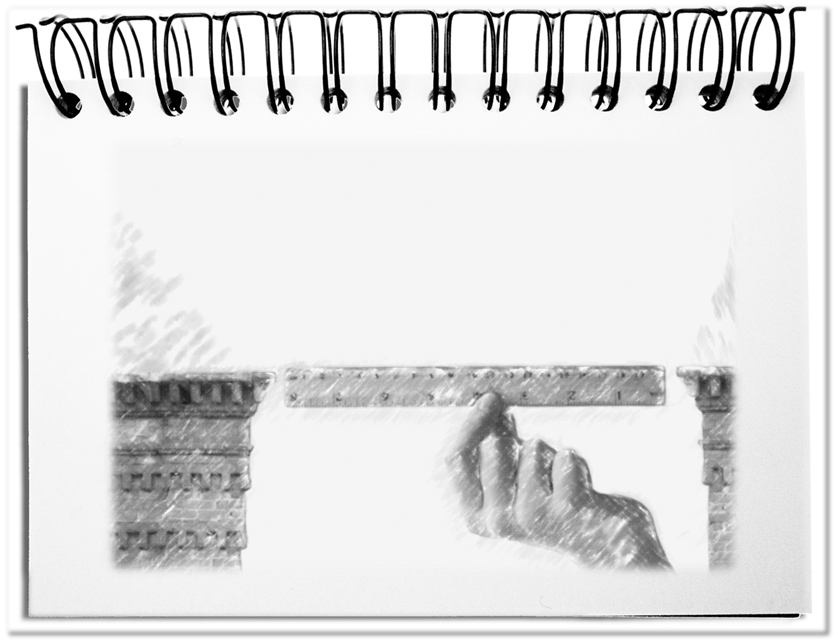The old has always been the continuation of something familiar with comprehensible technical innovations. The aforementioned cab driver switched from the horse to the engine. The journalist no longer researches his information on the spot, but on the Internet and takes over to personally typeset, correct and publish his articles. Warehouse clerks exchange the pumper for a computer that controls the stock movements and shifts the packages driverless to the desired stations. The physical activities are eliminated and replaced by „willing“ machines. In this environment, new tasks arise in the monitoring, control and maintenance of the assets – and of course in their development. In these times, new skills are needed.
Perspectives are missing. One of the few, who ponders concretely, is Thomas Frey, who has compiled the requisite know-how and many new professions of the future (see here). This time we’ll look at some of the future talents.
- Bendscouting
In the past scouts were used to spy out a path in front of them so that dangerous passages could be avoided on a large scale. To achieve this, traces had to be correctly interpreted, dangerous spots evaluated and the new routes safeguarded. In principle, tomorrow’s Bendscouts have similar skills. The difference results from their more vucane work space, i.e. more Volatile, Uncertain, Complex and Ambiguous. The required farsightedness results from the intuitive processing of the flood of data that cannot be left in the foreseeable future to any computer. - Bridging
In many cases it will not be possible to bypass the danger spot. For this reason, to this day, armies have pioneers, who build bridges in the threatening places that take the troops safely from one side to the other. In the future, the ability to enable the transition at any point will become crucial, as more and more mental bridges have to be built that reliably bring those involved from the old into the new. Since every situation is different, the experience of proficient Bridgers, who can recognize and master even the most subtle peculiarities, is indispensable. - Lastmiling
The global networking creates with RFID chips the Internet of Things. Networked computers move things virtually automatically around the world. The chip can be received anywhere and enables, with very little manual interference by people, automatic booking of cargo space as well as timely tracking of where the goods are at any given time. The same applies to data itself that is searching its way through the World Wide Web. The problems arise in the last mile – from the last node, whether it is a distribution warehouse or a junction box. The many Lastmilers are already available as parcel distributors and bicycle messengers. For the way from the hub to the actual addressee, it requires the hard to program intelligence of the Lastmiler. - Dismantling
New things are being created ever faster. The introduction of business ideas, IT systems or industrial facilities increases the performance of companies incessantly. Over time, however, the old systems get in the way. Dismantling will be difficult as long as they continue to fulfil their purpose – albeit not quite as effectively as the new ones. In this environment, the complementary talent of an inventor is needed. Dismantlers will be responsible for removing and dismantling old systems out of running operations without collateral damage for the ongoing business. This surgical skill is so filigree that no computer can take over this task in the foreseeable future. - Bequeathing
Even if a plant is dismantled, an approach is replaced or a business becomes history, it does not mean that the gained experiences are also obsolete. Many of these insights can continue to have an effect sustainably. After all, these are long-term routines that have been improved over time. Reuse is usually hindered by profane reasons – the protagonists are no longer there or no sufficient documentation exists. Ensuring the sustainable availability of experience is the task of the Bequeathers. The challenge is to muck out the insignificant, to select the most interesting and to prepare the most valuable building blocks. The necessary intuition to recognize the relevant aspects will be a problem for computers for a long time.
Bottom line: The continuous digitization takes over simple routine work. The machines execute unattractive tasks and solve them even more reliably than workers. This will trigger that the fields of activity shift again. It is not possible to automate the skills of bendscouting, bridging, lastmiling, dismantling and bequeathing as long as the comprehension, intuition, creativity and other typically human characteristics cannot be transferred into appropriate algorithms. Artificial intelligence may be a step in the right direction, but the modest hopes of the eighties of the last millennium have not yet been fulfilled after almost forty years – even, if we are impressed by robots that do the amazing things – but not more. The old is gone and the new is emerging. What will happen? As the French say – He, who lives, will see.


